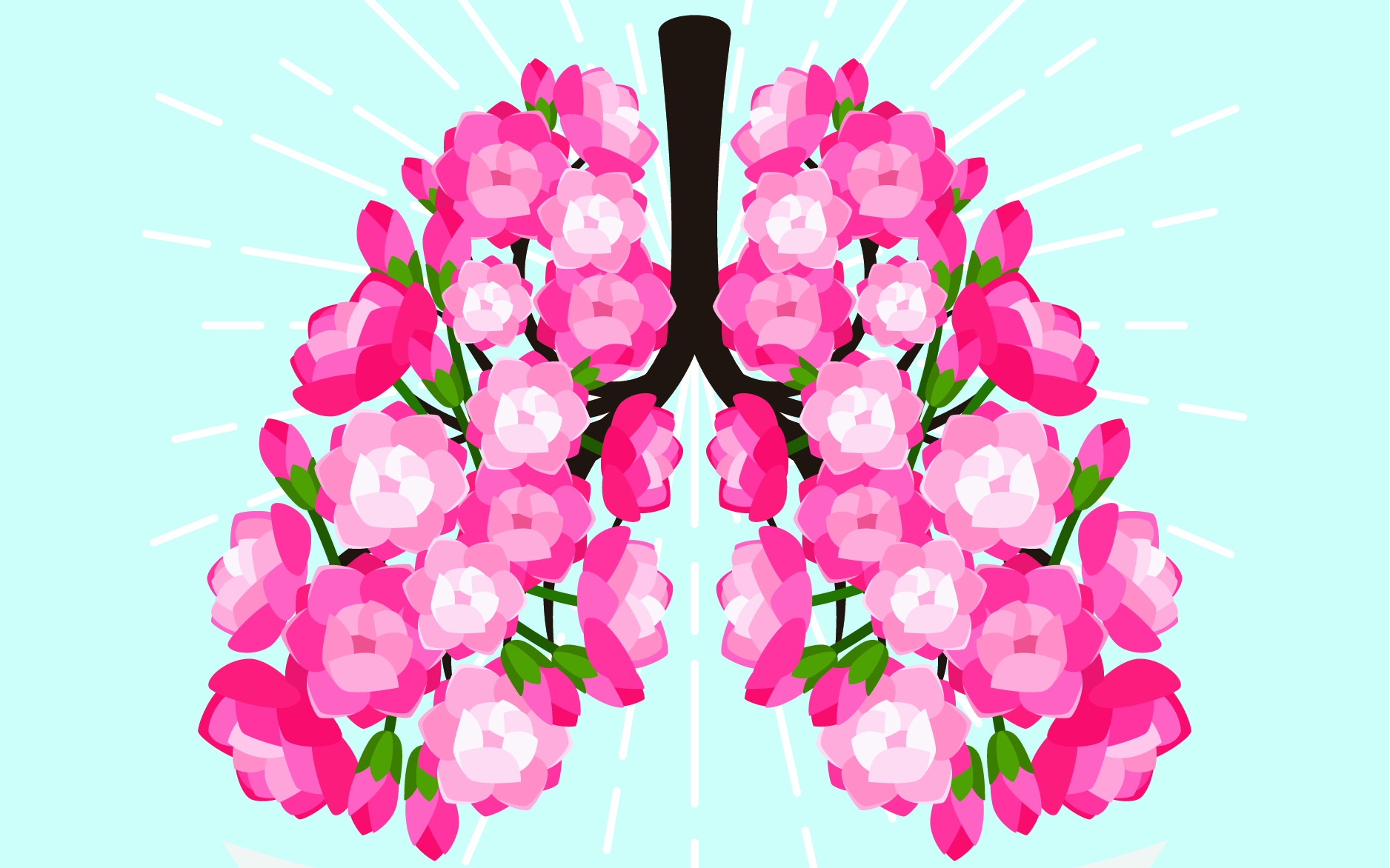We know that chronic stress can negatively impact our health. Now, a new study finds that doing a mindful body scan each day may reduce biological and psychological stress.
Stress among adults is rising at an alarming rate, according to the 2019 Stress in America Survey. This means that more Americans are walking around with high levels of the stress hormone, cortisol, which is linked to most diseases, including cancer, diabetes, and depression.
Cortisol is one of a number of biological measures of psychological stress. Psychological stress occurs when the demands of our lives are greater than what we feel we can manage. Can practicing a simple, 20-minute recorded body scan help to ease both forms of stress? A team of German researchers decided to find out.
Researchers assigned 47 healthy young adults to either a body scan group, or an audio book control group. People in the body scan group were given an Android phone loaded with a 20-minute guided body scan adapted from the Mindfulness-Based Stress Reduction (MBSR) program. The body scan involved paying attention to momentary physical sensations beginning with the feet and ending at the head. Although MBSR also includes meditation and yoga, researchers wanted to see if the body scan portion alone might help reduce stress. Book group members were given an audio book of “The Madman’s Tale” by John Katzenbach. Both groups were asked to listen to their recordings for 20 minutes per day, each day, for eight weeks.
Mindfulness and Stress Hormones
Before and after the intervention, researchers took two strands of participants’ hair, and asked them to complete a questionnaire about their stress level. Hair samples were used to measure cortisol and DHEA (dehydroepiandrosterone), both biomarkers of stress.
Cortisol is a primary stress hormone that is produced in the adrenal glands. One of its primary roles is to suppress immune function and reduce inflammation. DHEA is also a stress hormone, but it has the opposite effect of cortisol. This means that a balance of the two is important to maintain health. When the ratio of cortisol to DHEA is elevated (more cortisol, less DHEA), the body is less able to effectively handle stress and is more prone to disease. So researchers also looked at the ratio of cortisol to DHEA when examining biological stress.
These hormones are typically measured by taking samples of blood or saliva, which provide readings of acute, or momentary, stress. For this study, researchers chose hair samples because cortisol and DHEA values found in hair reflect more long-term patterns of stress, and are much less invasive to collect.
How a Body Scan Practice Reduces Stress
At the end of eight weeks, cortisol levels declined in the body scan group, but went up in the book group. Both groups showed increases in DHEA; their levels of the hormone were about the same. The body scan group also showed a greater decrease in the ratio of cortisol to DHEA than the control group. This means that the body scan group, as a whole, showed less biological stress at the end of the study than did the control group. Interestingly, both groups reported less psychological stress at the end of the study regardless of these biological changes.
“Many people are confronted with a high stress load, resulting in the onset and progress of mental and physical problems,” says lead author of the study, Dana Schultchen of the Institute of Psychology and Education at Ulm University in Germany. She believes that we need “a practical and suitable approach” to reduce stress quickly. “Findings of the study showed a decreased stress level after an eight-week body scan training, especially for biological markers,” Schultchen explains. She adds that “a daily effort of a 20-minute body scan training is enough to reduce the stress level.” This study is one of the first to tease apart the ways in which a singular component of a mindfulness intervention, the body scan, might directly reduce biological stress. As such, it makes an important contribution to a new generation of research that will allow us to better understand why and how mindfulness works, and for whom individual practices may be of greatest benefit.
Practice a Simple Body Scan Meditation
As we begin the body scan, guided by Dr. Mark Bertin, we’ll be slowly and systematically moving attention through the various regions of the body, from the feet to the top of the head, noting any physical sensations as we go along. Remember that, as always, there’s no need to strive to make anything happen. Simply observe what you find and practice letting things be for a while.
20-Minute Body-Scan Meditation
READ MOre
Why Mindfulness Meditation Begins with the Breath
We can learn a lot from the natural rhythm, pace, and un-fussiness of how the breath continues its work, without making a big deal out of it.
Read More
Tap Into Ease When You’re Feeling Stressed
Welcome a the season, even during the holiday rush, by taking time to slow down and wholeheartedly savor with these three mindfulness practices.
Read More










